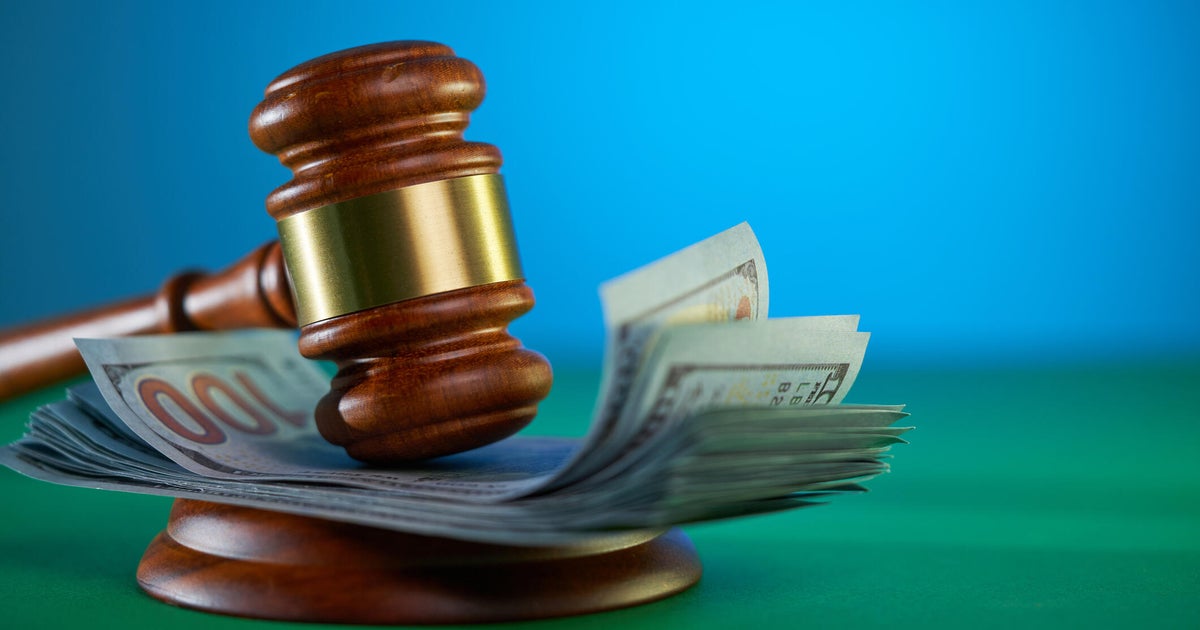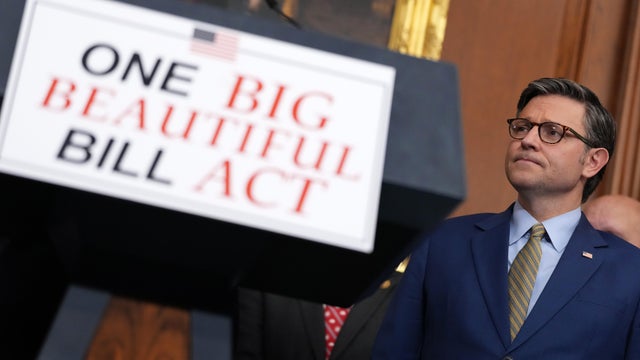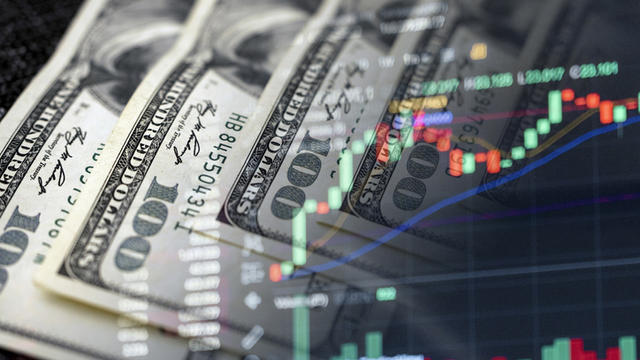

No response returned

The idea of wiping the financial slate clean through bankruptcy can seem like an ideal solution for those who are struggling to keep up with their debt payments in . After all, with average credit card rates still and the cost of living continuing to stretch household budgets, it's getting harder and harder for those who are carrying debt to find a path to financial stability. That's one reason why recently. It's a reflection of how overwhelmed many households have become with their debt.
But while to consider in certain cases, it's important to understand that filing bankruptcy won't necessarily result in wiping out your debt, which is what allows you to start over from square one. That's because for plays a major role in what gets discharged — and what doesn't. As a result, it's crucial to understand how each type of bankruptcy works before making any decisions on what approach to take (or whether bankruptcy is the best option to consider).
So, whether you're buried under hefty credit card balances, worried about an impending or are simply trying to , here's what you need to know about the kinds of bankruptcy that come closest to clearing your debt — and what you may want to consider instead.
.
Before you start weighing your options, it's important to understand that no type of bankruptcy will eliminate every single debt you owe. Some obligations — like child support, most taxes and federal student loans — generally aren't eligible for discharge.
That said, Chapter 7 bankruptcy comes the closest to offering a full financial reset. Here's how.
is often referred to as the most sweeping form of debt relief because it eliminates , including credit cards, medical bills, personal loans and even unpaid utility balances. The process is fairly quick — often completed in a matter of months — and it generally does not involve surrendering much property, thanks to exemptions that protect basic assets like clothing, household goods and sometimes even your car or home.
That said, Chapter 7 is an income-based bankruptcy option. You'll need to , which evaluates your income relative to your state's median. If your income is too high, you might not be eligible.
It's also worth noting that while Chapter 7 can wipe out many debts, it won't discharge things like:
.
If you earn too much for Chapter 7 or want to protect a larger number of assets (like a second property), Chapter 13 may be a better fit, but this type of bankruptcy . Instead, it creates a court-approved repayment plan, one that typically lasts three to five years, that allows you to catch up on missed payments while also discharging eligible unsecured debts at the end of the term.
Chapter 13 is more structured and can be a good fit if you're behind on mortgage or car payments and want to avoid foreclosure or repossession. However, it's dependent on you successfully completing the entire plan, and it typically requires consistent income and budgeting discipline.
Bankruptcy might sound appealing, but it's not always the best or only option. You may also want to consider the alternatives below, which can ease your debt burden without a court filing.
Debt consolidation: By , you combine multiple high-rate debts into a single fixed-rate loan with a lower rate and a defined payoff term. You'll still owe the full balance, but simplifying your payments can help you stay on track and reduce interest costs, especially if your credit score qualifies you for a competitive rate.
Debt management: Offered through credit counseling agencies, can help lower your interest rates, reduce fees and organize your payments into one monthly amount. You typically repay your full balance over three to five years, but the lower rates make it more affordable, and there's no court filing involved.
Debt settlement: This route involves to accept less than the full amount you owe, either by yourself or with the help of a debt relief company. While debt settlement can reduce what you owe overall, , it does come with risks, including tax consequences and damage to your credit, and not all creditors will agree to settle.
Bankruptcy can offer meaningful relief when your debt situation feels unmanageable, but it won't erase every kind of debt. Chapter 7 comes closest to clearing all debt, but even it has limits. And, Chapter 13, while not as immediate of a fix, can be a powerful tool for structured repayment and asset protection. But before you decide on any route, it may help to speak with a debt relief expert to review your situation and evaluate all your options. Whether you choose bankruptcy or a less drastic alternative, though, the goal is the same: to regain control of your finances and build a path forward.




